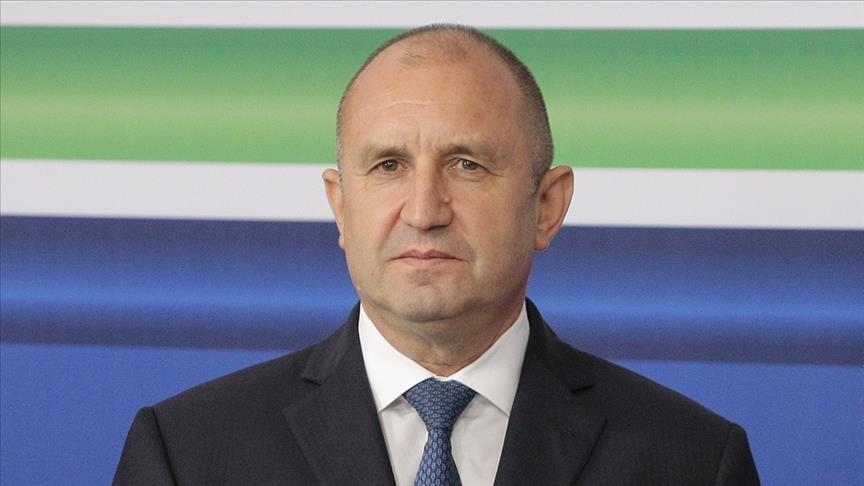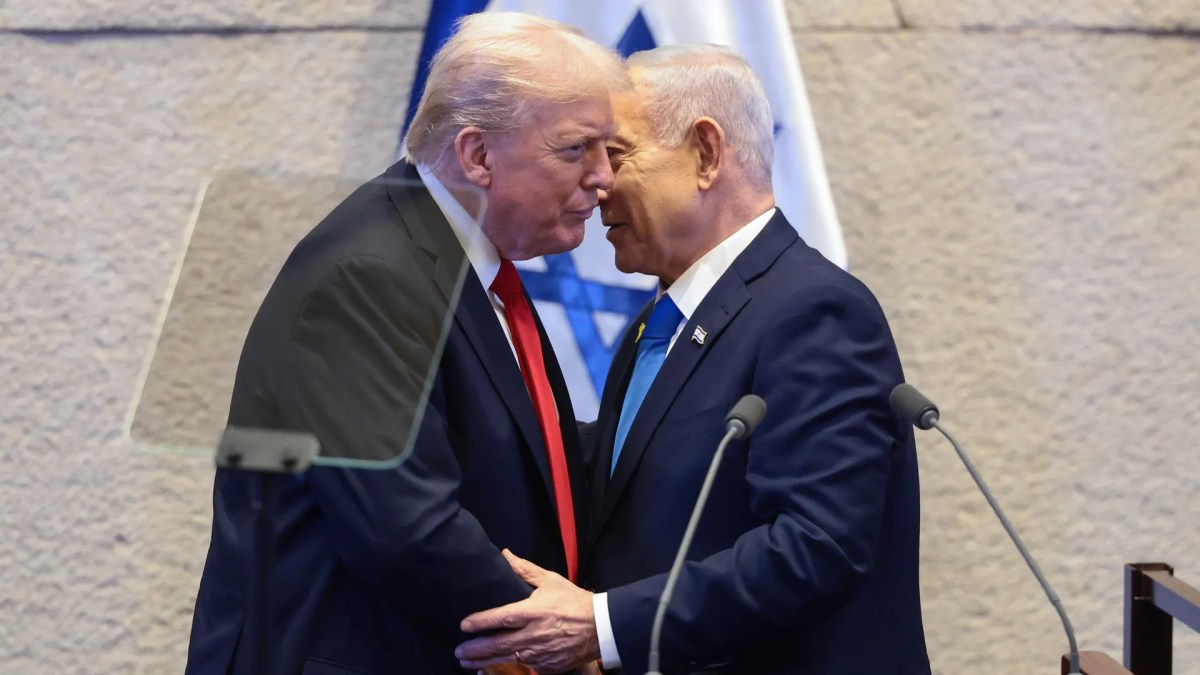Friday, July 18th 2014

BalkanInsight
Hardline party says it will only back Ramush Haradinaj’s coalition if it can take charge of talks with Serbia.
The opposition Vetevendosje Movement in Kosovo has just 16 seats in the 120-seat parliament, but still appears to hold the key to the Prime Minister’s office.
That key comes with a price. As the newly elected members of parliament assembled on Thursday, Vetevendosje made clear that it would not back the opposition bloc led by Ramush Haradinaj of the Alliance for the Future of Kosovo, AAK, unless it agreed to important conditions.
“The Vetevendosje Movement is making life harder for the opposition bloc by showing them it has the power in all this political mess,” political analyst Halil Matoshi said.
Without Vetevendosje’s 16 votes, the coalition of AAK, Nisma and the Democratic League of Kosovo, LDK, may not be able to stop Hashim Thaci from securing a third mandate.
With just 47 seats, well short of the 61 needed to elect a new government, it would otherwise need to get extra votes from ethnic minority MPs, or from defectors from Thaci’s Democratic Party of Kosovo, PDK.
The main sticking point is Vetevendosje’s demand that it lead any future EU-mediated talks with Serbia. That amounts to a softening of Vetevendosje’s original demand, which was to stop the talks altogether.
Vetevendosje, led by Albin Kurti, has taken a hard-line stance against the dialogue with Belgrade, insisting that it has aided the EU aspirations of Kosovo’s former enemy while offering Kosovo little in return.
The opposition bloc has already agreed to one of Vetevendosje’s other key demands, which is to halt the privatization of state-owned companies, while agreement on the other conditions seems to be in sight.
However, it remains unclear what the final agreement will contain and whetherit involves Vetevendosje abandoning some of its tough conditions.
Haradinaj acknowledged the stalemate with Vetevendosje, while expressing hope that the deadlock would be broken.
“It will be hard to change the situation [in the coming days], but further communication is an option in future,” Haradinaj said on Wednesday.
Thaci is meanwhile likely to make the first attempt to form a government, as President Atifete Jahjaga is expected to offer him this opportunity in line with a Constitutional Court decision earlier this month. Once nominated, Thaci will have 10 days to form a government.
If the opposition bloc votes against Thaci, and Vetenvendosje does the same – as it has pledged to do – Thaci will not be able to form a government.
However, if Vetevendosje refuses to back Haradinaj, either, Thaci may find it easier to attract the extra votes he needs.
Nevertheless, Thaci’s prospects for securing a third term remain slim, even though his party won the largest share of the votes – around 30 per cent – in the June 8 general elections.
If the opposition parties have closed ranks with Vetevendosje by the time that Thaci’s ten-day window of opportunity closes, Jahjaga is likely to hand the nomination to Haradinaj. If he also fails to get 61 votes, Jahjaga will have to call new elections.
Matoshi predicted that the opposition will in the end reach a last-minute agreement that will result in Haradinaj becoming Prime Minister.
It remains unclear what the priorities of such a government would be. “We are clarifying the principles of the programs,” Haradinaj said last week.




